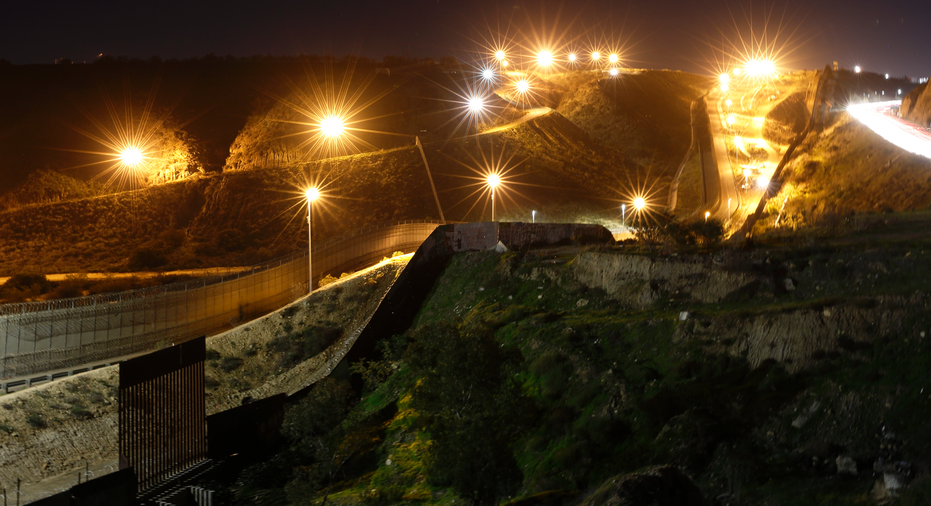Congress challenged by funding emergency at the border

WASHINGTON – Congress has only a few weeks to advance an emergency funding bill to deal with the escalating humanitarian crisis at the southern border, creating a time crunch that has lawmakers on all sides alarmed.
Money to care for Central American migrants arriving in the U.S. to claim asylum runs out in just a few weeks, and every day seems to bring new evidence that the government's response is inadequate and that conditions for many migrants are unacceptable.
"We're not taking care of things and it's very, very serious," said Rep. Kay Granger of Texas, the top Republican on the Appropriations Committee. "Partisan politics need to be put away on this thing. I mean, we've got a crisis on our border, and anyone who doesn't understand that has not seen what's happening."
President Donald Trump's $4.5 billion emergency border request, issued last month, was dropped from a widely popular disaster aid bill in end-stage negotiations that foundered over conditions Democrats sought to place on delivery of the border aid. The episode stoked hard feelings on the bipartisan panel. The disaster aid bill passed, but the border funding package faces a challenging path, especially since Trump's trade battles with Mexico are also part of the equation, along with the distraction of a possible impeachment inquiry.
"Honestly, to tell you the truth, the environment that we're in right now is very hard to predict. It's extremely tricky. It's like nothing we've ever dealt with before," said Rep. Lucille Roybal-Allard, D-Calif.
Roybal-Allard spoke as she exited a meeting of top Democratic lawmakers, who convened to assess the lay of the land on the emergency package. She said Democrats would stand by their demands, at least in an initial vote. Among the reasons the border measure stalled was a demand by House liberals to block the Homeland Security Department from getting information from federal social welfare authorities about immigrants residing in the U.S. illegally who take migrant refugee children into their homes.
Fewer immigrants living in the U.S. illegally are taking in migrants because of aggressive moves by the Trump administration.
"It is a humanitarian crisis," said Rep. Rosa DeLauro, D-Conn. "They have dried up the pipeline of sponsors coming forward."
All sides agree that another bill of about $4 billion will be needed almost immediately to refill nearly empty agency accounts to care for migrants, though Democrats are fighting hard against the detention facilities requested by Trump.
"We should have done it in the disaster bill. We were probably one day away from having it all done," said House Minority Leader Kevin McCarthy, R-Calif. "And now it's created a bigger heartache for everybody. But it has to get done. They're running out of money."
Amid the debate over the emergency funding, House Democrats are using a separate, $64 billion homeland security measure to reopen battles with Trump over his $5 billion border wall request and other immigration fights. Those same issues thrust Trump and Democrats into a standoff that produced a 35-day partial government shutdown that started in December. Trump lost the political battle, but Democrats were forced to accept some wall funding as part of the eventual compromise.
Granger, the top appropriations Republican, said Democrats were wasting time by restarting the battles.
"It was quite clear during those negotiations that in order to get the president to sign the bill, funds would have to be included for construction along the southwest border," Granger said. "The final (bill) enacted in February addressed those concerns, but unfortunately, the bill being considered today falls short. This could set us up for yet another government shutdown."



















